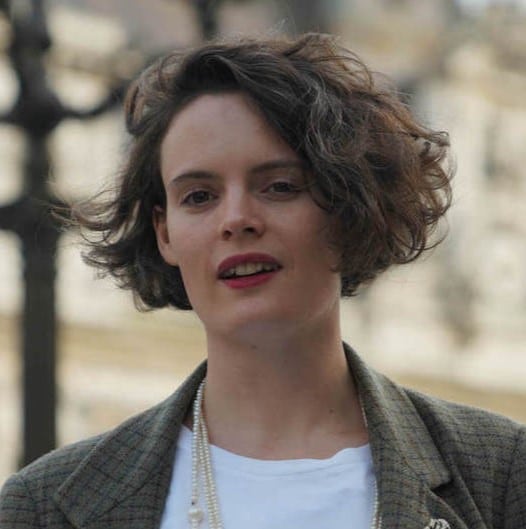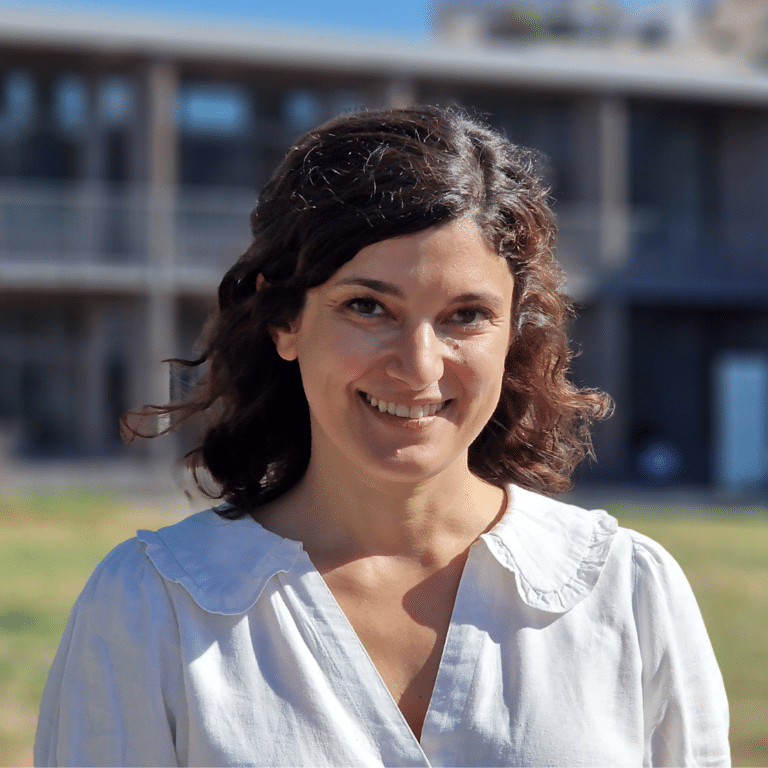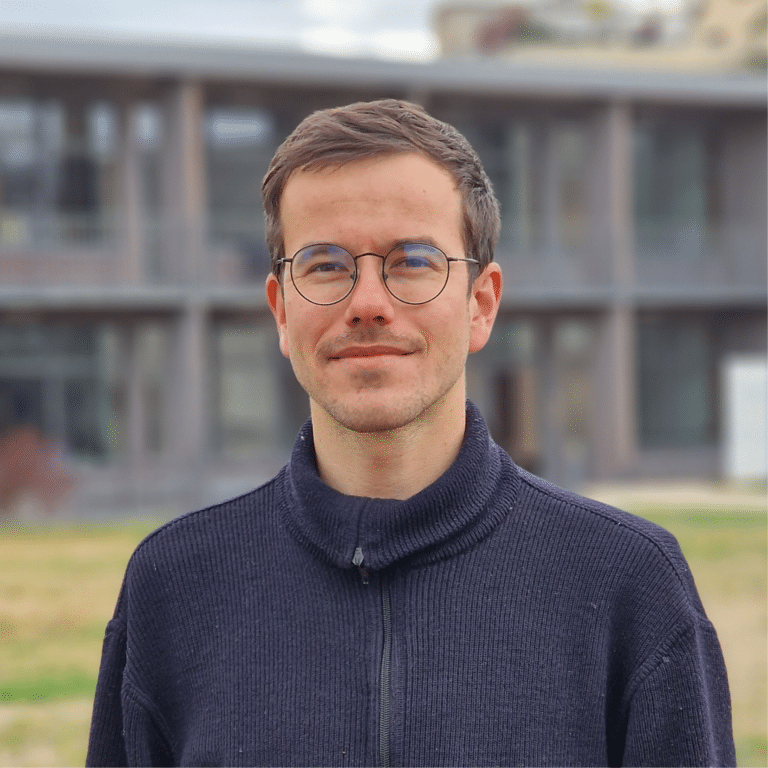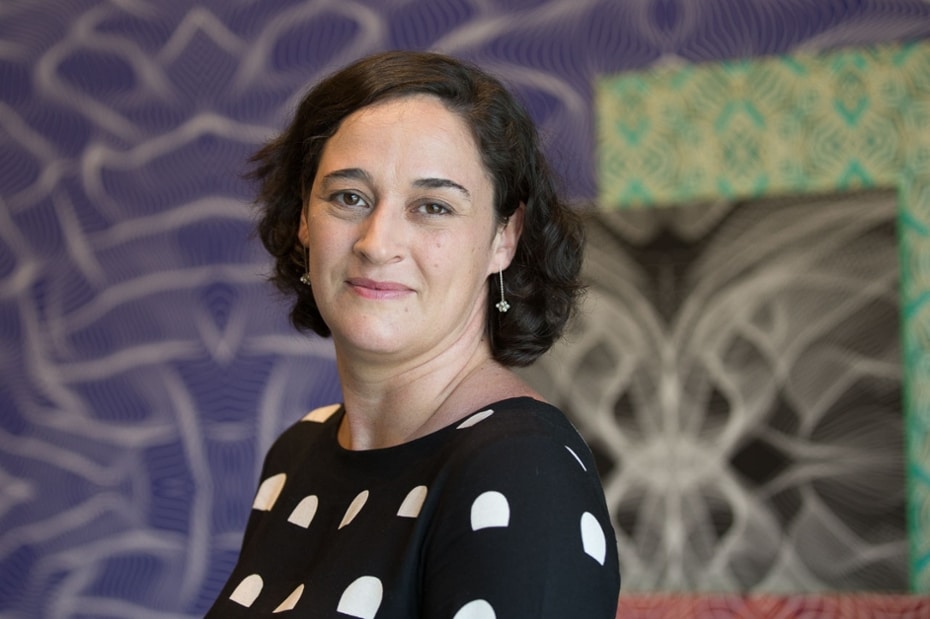Research project
This is not a veil – evolutions & representations of the female headgear in France and the Mediterranean: comparative approaches
Summary of the research project
“This is not a veil – evolutions & representations of the female headdress in France and the Mediterranean: comparative approaches” questions around a traditional and contemporary multifaceted element of the women’s wardrobe in France, Algeria and Italy the extremely strong social and political role played by the representation -by what is covered or discovered- of the bodies of women. Beyond the current issues that have had a lasting impact on France in recent decades (the affair of the veil at school, then the veil of school companions, the burqa, the burkini, the #balancetonporc movement, #metoo and the constant mobilization of certain feminist groups to fight street harassment), it is necessary to question critically through the development of a national material heritage, our complex historical relationship to the presentation of the female body in public space as in private space. As part of the professional and intellectual path that I have followed for several years, this study of the archive and heritage, far from glorifying any image of Epinal in our societies, On the contrary, it allows a more nuanced reading of a rich and complex past that can shed light on the multiple challenges of women’s clothing today and offer a constructive perspective. The comparative approach is necessary here because it allows to shift the gaze and to recall that the French model is only one among others, while broadening the perspective to two other Mediterranean countries of respectively Muslim tradition (Algeria) and Catholic (Italy) in order to bring out points common to the three selected cases. This approach is first and foremost part of Germaine Tillion’s work on the common crucible of Mediterranean societies as regards family structures and the behaviour of women resulting from them. At the same time artistic and citizen, it then allows the collective appropriation of a diverse clothing heritage that tends to divide, through a reflection to be conducted on the valorization of this essential aspect of Mediterranean societies and heritage both in a museum setting and outside of it. Especially how to add the essential dimension of touch to the exhibition of objects made of fabric? And how can we integrate in full consciousness the representations and heritage that the regular or occasional wearing of certain headgear entails on a daily basis?
Biography
Born in 1987 in Nantes, Coline Houssais is an independent author, curator and researcher specializing in the cultural history of Arab immigration in Europe as well as on Arab world music. Teacher at Sciences Po (of which she graduated as well as the Institut Français d’Etudes Arabes de Damas, INALCO and the London School of Economics), it is part of the residency program of the Camargo Foundation 2020 for a multimedia installation project on the sound archives of the Kabyle community in Ile-de-France and Marseille. Founder of Ustaza in Paris – the Ustaza Agency, she created and produced «Les Rossignols de Bagdad», a reading put in music and image on the golden age of Iraqi music. Coline regularly contributes to various general and specialized media and journals (including the first two volumes of the Araborama collection published by the Institut du Monde Arabe at Seuil editions) and is also a trilingual translator for cinema and contemporary art. She is finally the author of “Musiques du Monde Arabe, une anthologie en 100 artistes” (Le Mot et le Reste, 2020).




